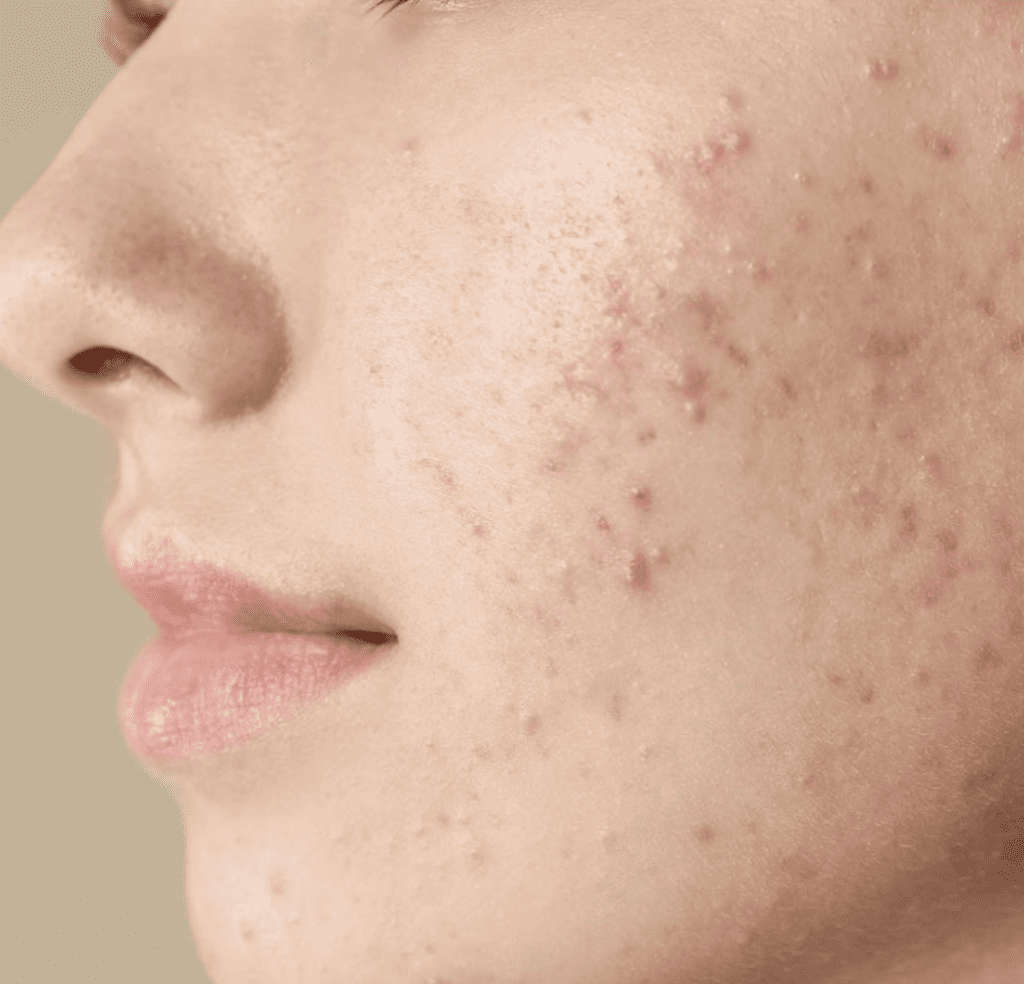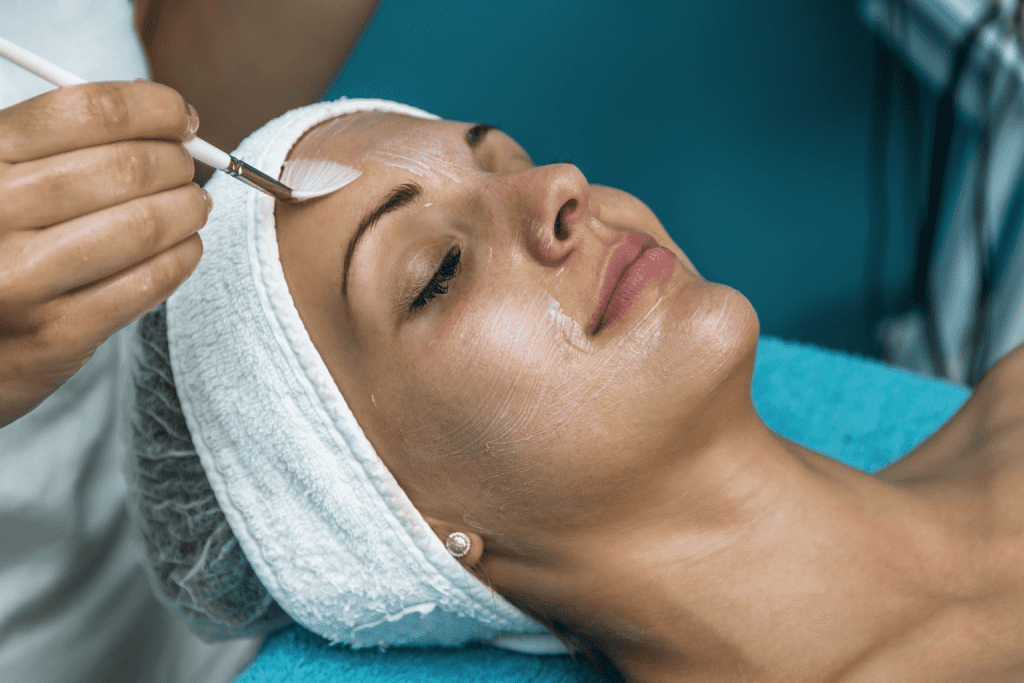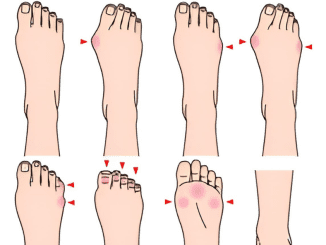Acne—one of the most common and frustrating skin conditions—can affect not only your complexion but also your confidence and mental well-being. For many of us, it’s easy to fall into the trap of trying to fix acne on our own, experimenting with every new product or home remedy that promises miraculous results. Unfortunately, this can often make things worse. If you’ve been battling acne solo, you’re not alone—but there’s a better, more effective approach.

In this article, we’ll dive into why professional guidance is key to treating acne and explore the essential steps you can take to achieve clear, healthy skin. Trust me, you’ll wish you knew these tips sooner!
Why You Shouldn’t Treat Acne Alone
Many people, out of frustration, resort to self-treatment. It’s tempting, especially when there are countless over-the-counter products, home remedies, and DIY skincare hacks flooding the internet. But here’s the hard truth: treating acne without expert advice can lead to more harm than good. Inflammation, scarring, and even worsening breakouts are common consequences of using the wrong treatments. So, what’s the better alternative? Let’s explore.
The Importance of Consulting a Dermatologist
Acne isn’t a one-size-fits-all condition. What works for one person may not work for another, which is why consulting a board-certified dermatologist is the best first step. They can accurately diagnose the type and severity of your acne, which is crucial for prescribing the most effective treatment. A dermatologist can look beyond the surface, considering factors like hormone imbalances, diet, and lifestyle that could be contributing to your acne.
When you see a dermatologist, you’ll get a personalized treatment plan designed specifically for your skin. This plan may include a combination of prescription medications, topicals, and professional treatments that are much more powerful and targeted than anything you can find over-the-counter.
Understanding Your Skin Type and Needs
Not all skin is created equal, and acne doesn’t manifest the same way for everyone. Some people struggle with hormonal acne, which flares up around the chin and jawline, while others deal with cystic acne, deep under the skin. Your dermatologist will assess your specific condition and determine the underlying causes. This knowledge is key to choosing the right approach.

For instance, someone with oily skin may require a different set of products and treatments compared to someone with dry or sensitive skin. Using products that don’t suit your skin type can lead to more irritation, clogged pores, and breakouts, setting you back in your skincare journey.
Why Over-the-Counter Treatments Can Do More Harm Than Good
It’s all too easy to walk into a drugstore and grab the first acne product you see on the shelf. But here’s the catch: many over-the-counter acne treatments are full of harsh chemicals like benzoyl peroxide or salicylic acid, which can dry out or irritate the skin if used incorrectly. These treatments can work wonders in the right hands but can wreak havoc when applied without the right guidance.
Some people go overboard with these treatments, thinking more is better. But overuse of harsh products can strip your skin of its natural oils, leading to a weakened skin barrier. When your skin is irritated, it may react by producing even more oil, which can cause—you guessed it—more acne. This vicious cycle is why self-treating with over-the-counter products can often backfire.
Effective Professional Treatments for Stubborn Acne
If your acne is resistant to topical treatments alone, your dermatologist may recommend professional procedures that can target deeper skin issues. Here are some of the most effective options:

- Chemical Peels: A dermatologist can use stronger chemical exfoliants to unclog pores and promote cell turnover, helping to prevent future breakouts while also fading acne scars.
- Laser Therapy: For more severe cases, laser therapy can penetrate deeper layers of the skin, targeting acne-causing bacteria and reducing inflammation.
- Microneedling: This procedure stimulates collagen production, not only helping with acne but also reducing the appearance of scars left behind by previous breakouts.
- Extraction: In some cases, your dermatologist may perform manual extractions to safely remove blackheads and whiteheads without causing damage to the surrounding skin.
These treatments are safe, effective, and administered by professionals who understand how to tailor them to your specific skin condition.
Consistency Is Key: Monitor Your Progress
One of the biggest mistakes people make is expecting instant results. Acne treatments, especially those prescribed by dermatologists, often take time to work. It’s important to be patient and consistent with your routine. Follow your dermatologist’s advice closely and schedule regular follow-ups to assess your progress.

Dermatologists often tweak your treatment plan as your skin improves, ensuring that your skincare regimen continues to work effectively. Adjusting your routine is normal and necessary for long-term results, but it requires ongoing communication with your skin specialist.
Avoid These Common Acne Mistakes
Even with the best intentions, it’s easy to fall into traps that can sabotage your skincare efforts. Here are some common mistakes to avoid:
- Overwashing: Washing your face too often strips your skin of its natural oils, causing it to produce more oil, leading to breakouts.
- Picking and Popping: It’s tempting to pop a pimple, but this can push bacteria deeper into the skin, causing more inflammation and potential scarring.
- Skipping Moisturizer: Many acne sufferers assume they don’t need moisturizer, but even oily skin benefits from proper hydration. Just make sure to choose a non-comedogenic moisturizer that won’t clog your pores.
Conclusion: Trust the Experts for Clearer Skin
In your quest to clear your acne, self-treating may seem like the most convenient option, but it can often prolong the problem. Consulting a dermatologist is the best decision you can make for your skin health. With expert guidance, you can avoid unnecessary setbacks and find a treatment plan that addresses your unique skin type and condition.
By following a dermatologist-recommended routine, using the right products, and considering professional treatments when necessary, you’re giving your skin the care it truly deserves. Remember, patience and persistence are your allies in the journey to clear, radiant skin. So, if you’ve been trying to fix acne yourself, it’s never too late to seek the advice you wish you had sooner.


